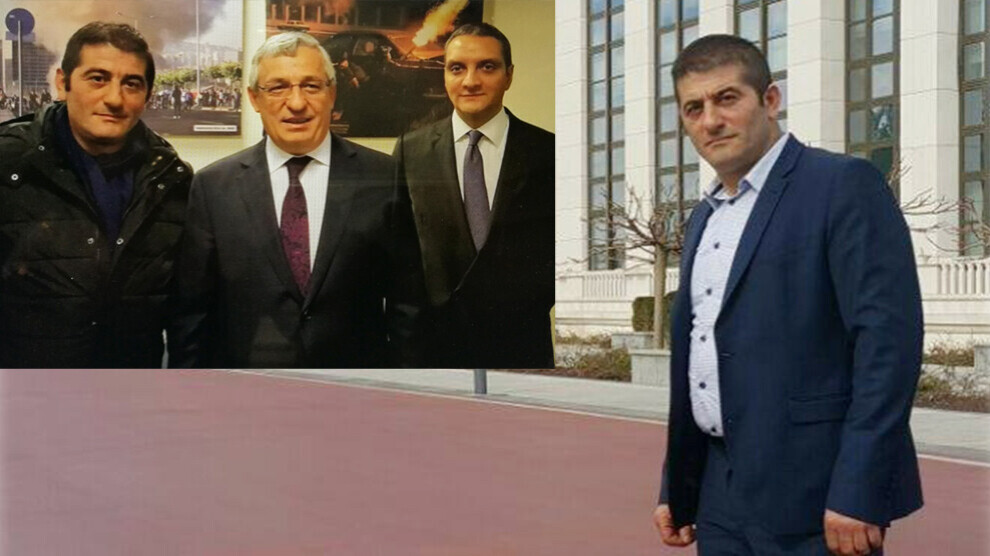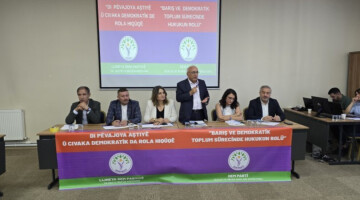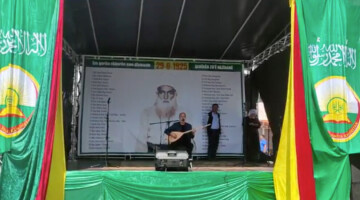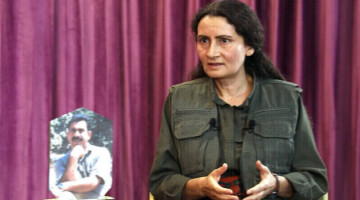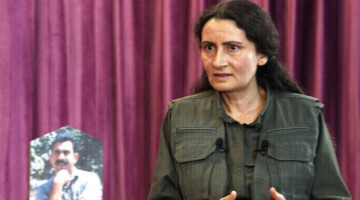The investigation carried out in Belgium concerning the assassination attempt against KONGRA GEL co-chair Remzi Kartal and KCK (Kurdistan Communities Union) Executive Council member Zübeyir Aydar has been completed and a case has been accepted by a Belgium court.
In the investigation, there is concrete evidence which extends to Ankara. The file remained under confidentiality for a long time.
According to the sources close to the file, the Belgian Prosecutor's Office at first "strangely" claimed that there was no need for the case and demanded the closure of the file.
The Brussels Civil Court of First Instance was supposed to decide on April 27 whether a suit into the incident would be filed, but it was postponed.
After a hearing held on May 21, the decision was set to be made on June 18. At the last hearing, the court decided to open a case and the prosecution did not oppose. The first hearing of the case will be held on October 1.
This decision breaks a new ground in Europe since the Turkish assassination team will be put on trial with its extensive connections.
Important evidence was found in the investigation. There are direct connections with Ankara in particular, according to the sources close to the file.
CENTRE IS FRANCE
The main headquarters of the assassination team is in France. The findings indicate that Ankara's spy and hitman network is based in Paris. The French authorities are also aware of the Turkish network. The information requested by the Belgian judicial authorities from France remained partial. Some wiretaps, photographs and documents relating to the suspects reveal an obvious connection with the Erdogan regime.
Several names came to the fore during the investigation. Zekeriya Çelikbilek and Yakup Koç are among them. Çelikbilek, a former soldier, lives in the Paris region. Yakup Koç has also stayed in many countries in Europe.
In June 2017, Zekeriya Çelikbilek and Yakup Koç, who used the nickname "colonel" and had an official Turkish police ID, and Hacı Akkulak of Kurdish origin who was spying for this network, were stopped while driving around the Kurdistan National Congress (KNK) in Brussels in a black Mercedes Classe E car for exploration.
Having come to realize that the issue would go so far as to assassinations, Akkulak warned the Kurdish authorities and cooperated with the Belgian police. In the city of Ghent, a Turkish businessman named Necati Demiroğlulları is accused of providing logistics to the assassination network. Demiroğulları is the son-in-law of Yakup Koç.
Several other names and their ties with "top" rulers in Turkey were also identified in the investigation.
On March 25, 2021, ANF published photographs of Zekeriya Çelikbilek, taken in the garden of Turkish President Erdogan's palace in Beştepe, Ankara and the Turkish Embassy in Paris.
There was also another photograph of Çelikbilek with the former Ambassador of Turkey to France, İsmail Hakkı Musa. The Belgian investigation reveals that Musa is deemed as the "coordinator" of the network in Brussels.
Musa, the former number two of the Turkish intelligence service (MIT), returned to Turkey on 14 March announcing that his term at the embassy had finished as the suspicions over him grew stronger. Musa was MIT's number two during the murder of three Kurdish female revolutionaries in Paris in January 2013.
Tomorrow: Turkish assassination squad is based in France, directly connected to the Palace

